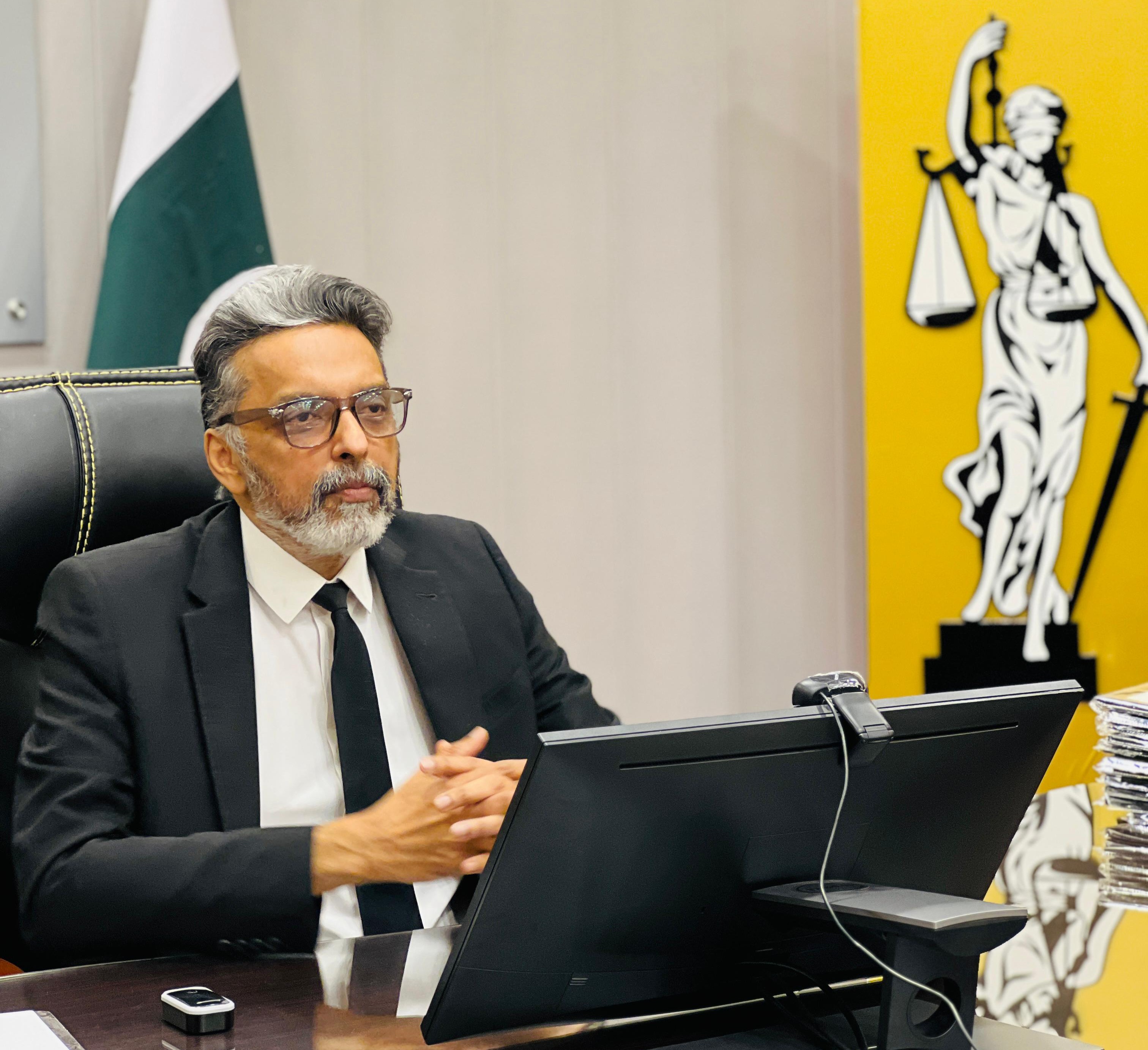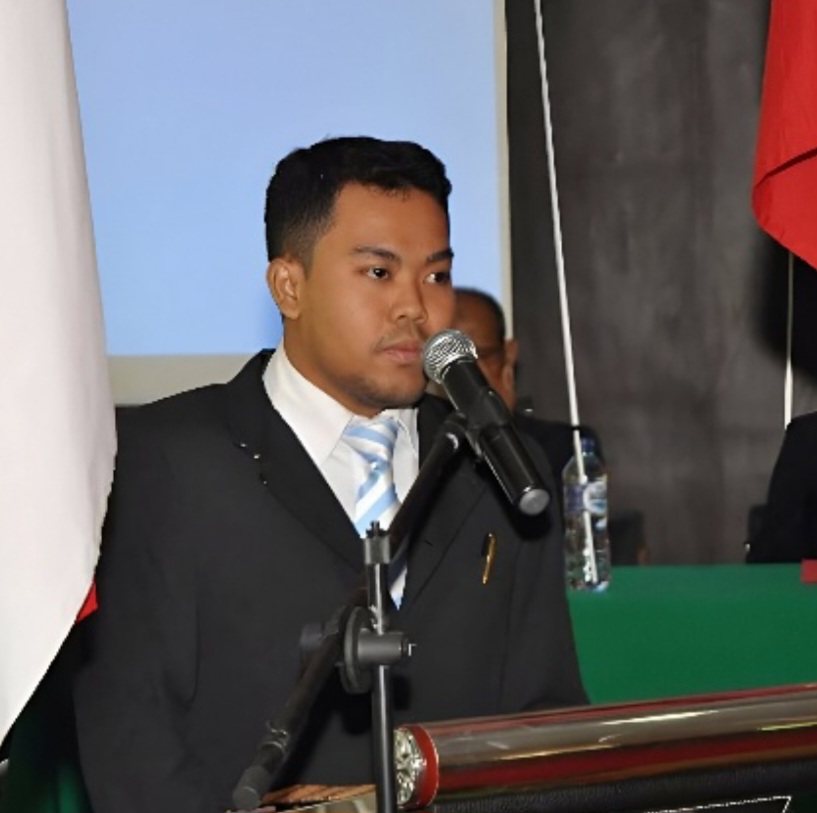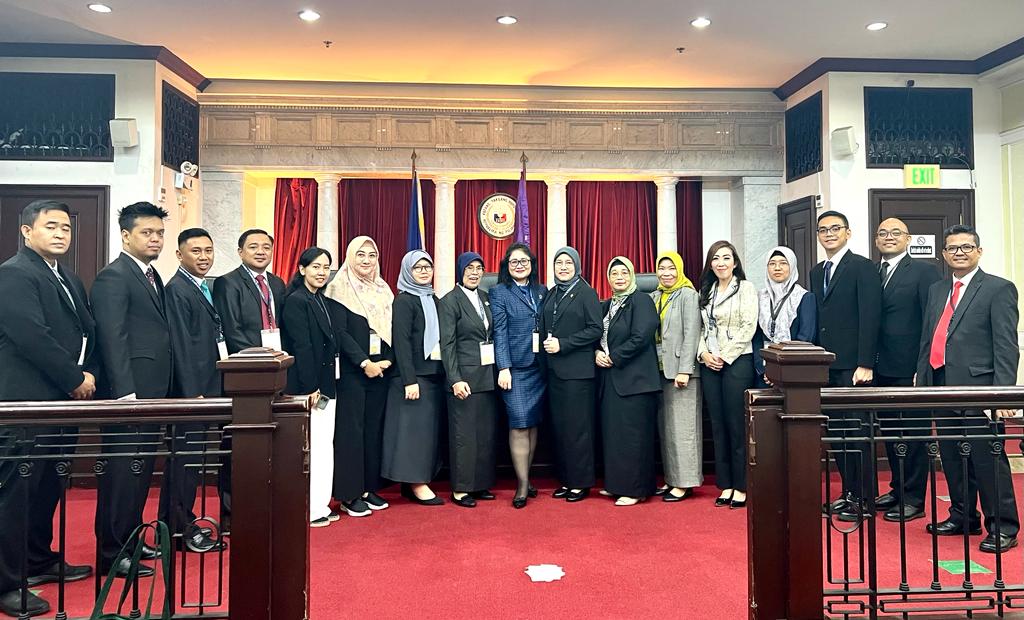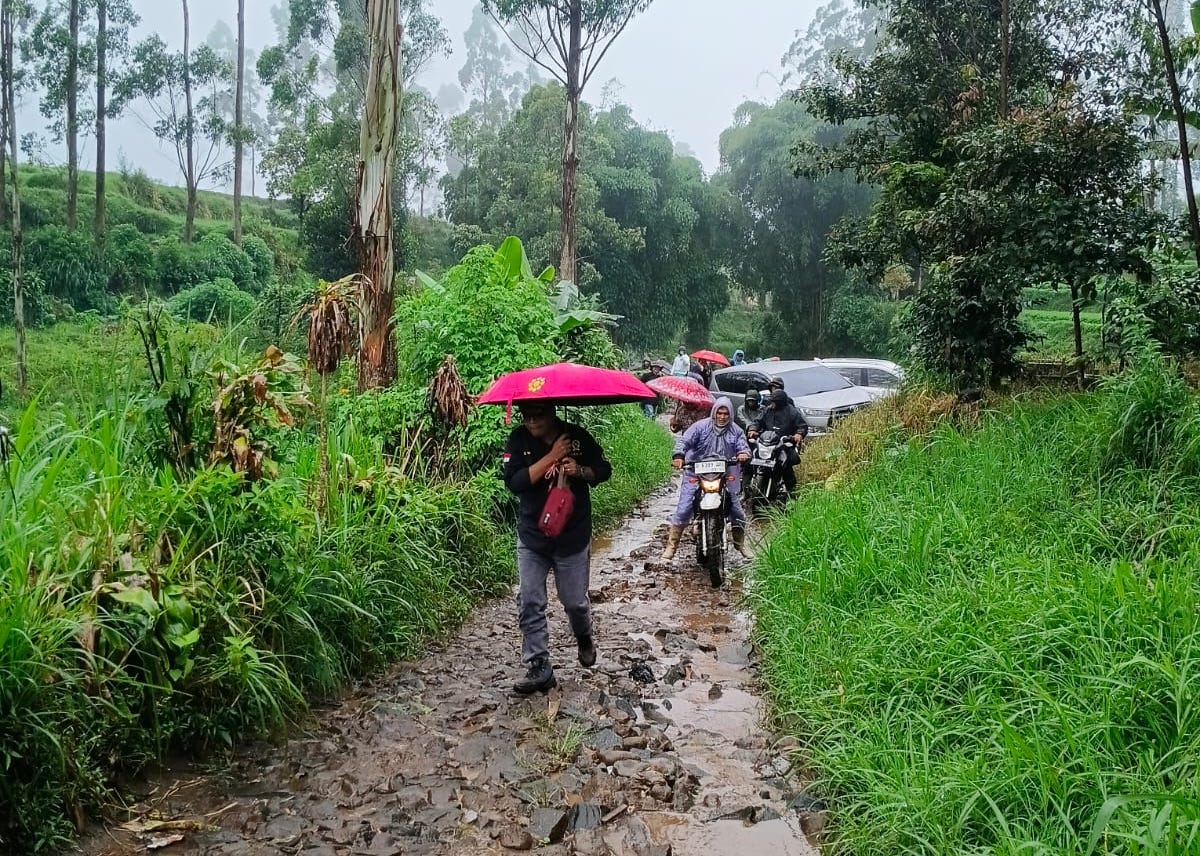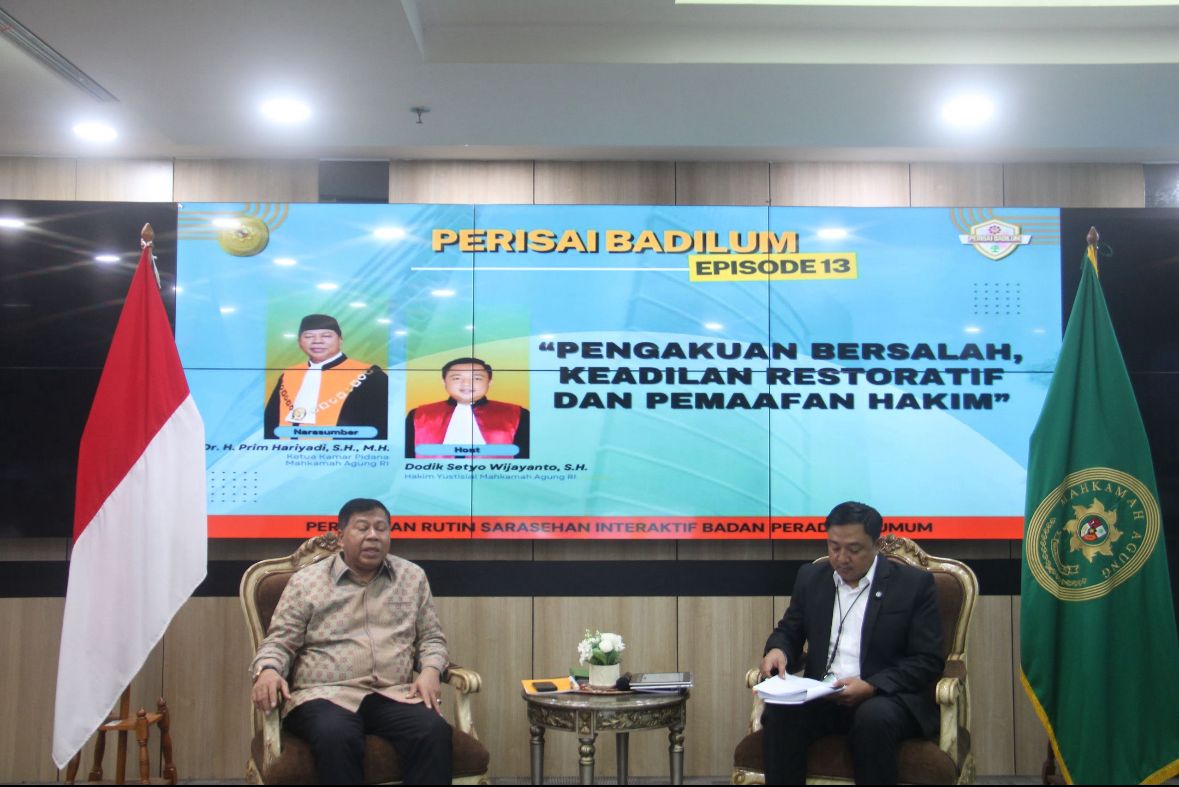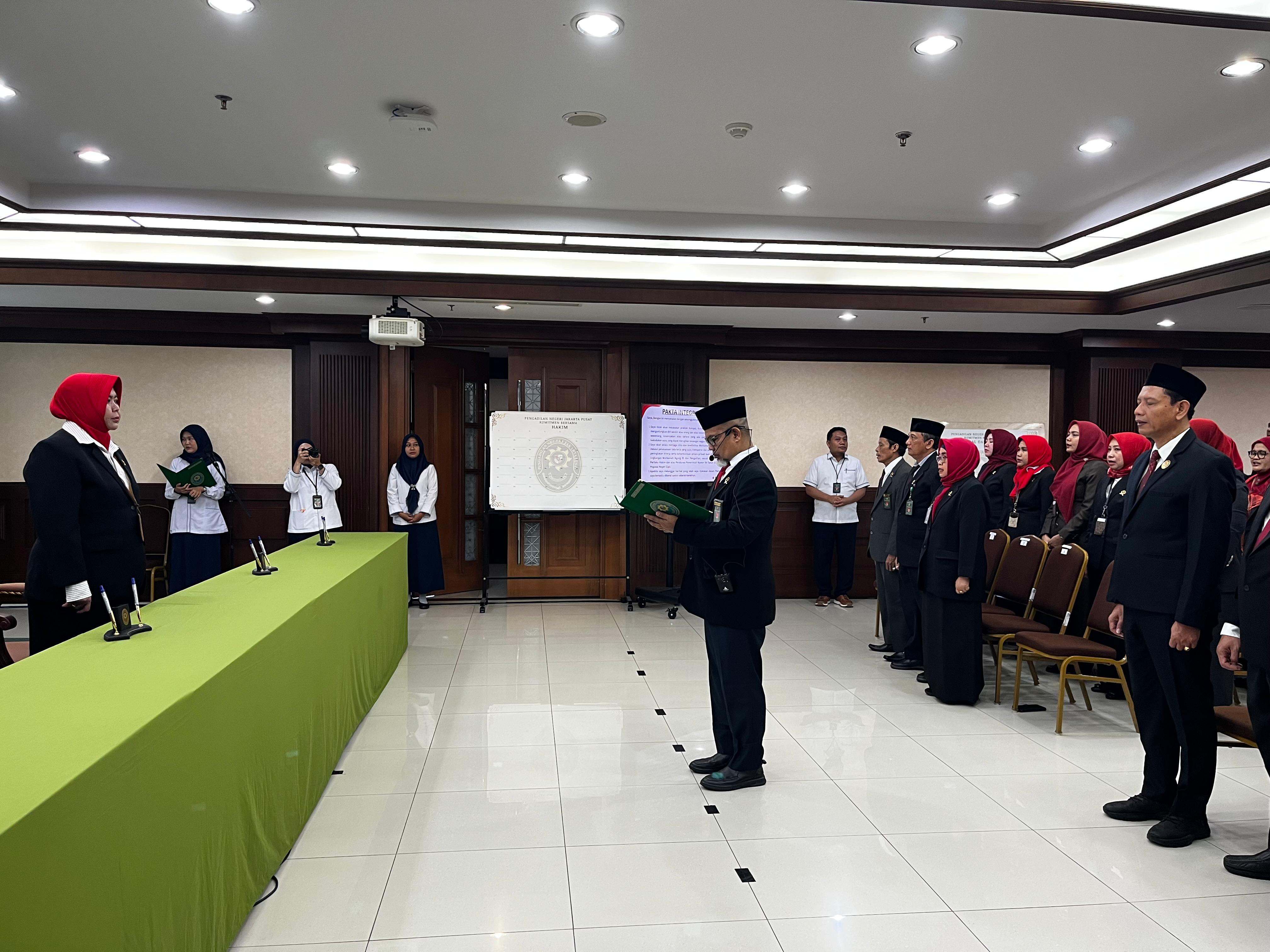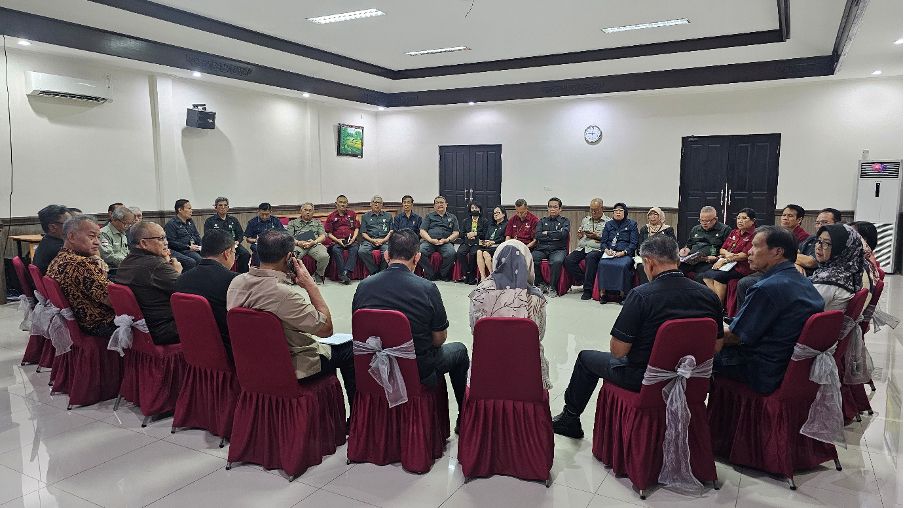article | Opini | 2025-06-28 08:00:42
article | Opini | 2025-06-15 05:00:58
For centuries, philosophers have debat
article | Opini | 2025-06-07 21:00:30
Have you ever had your contract partne
article | Berita | 2025-05-31 09:30:48
INTRODUCTION
article | Opini | 2025-05-24 15:30:55
article | Opini | 2025-05-17 20:00:33
